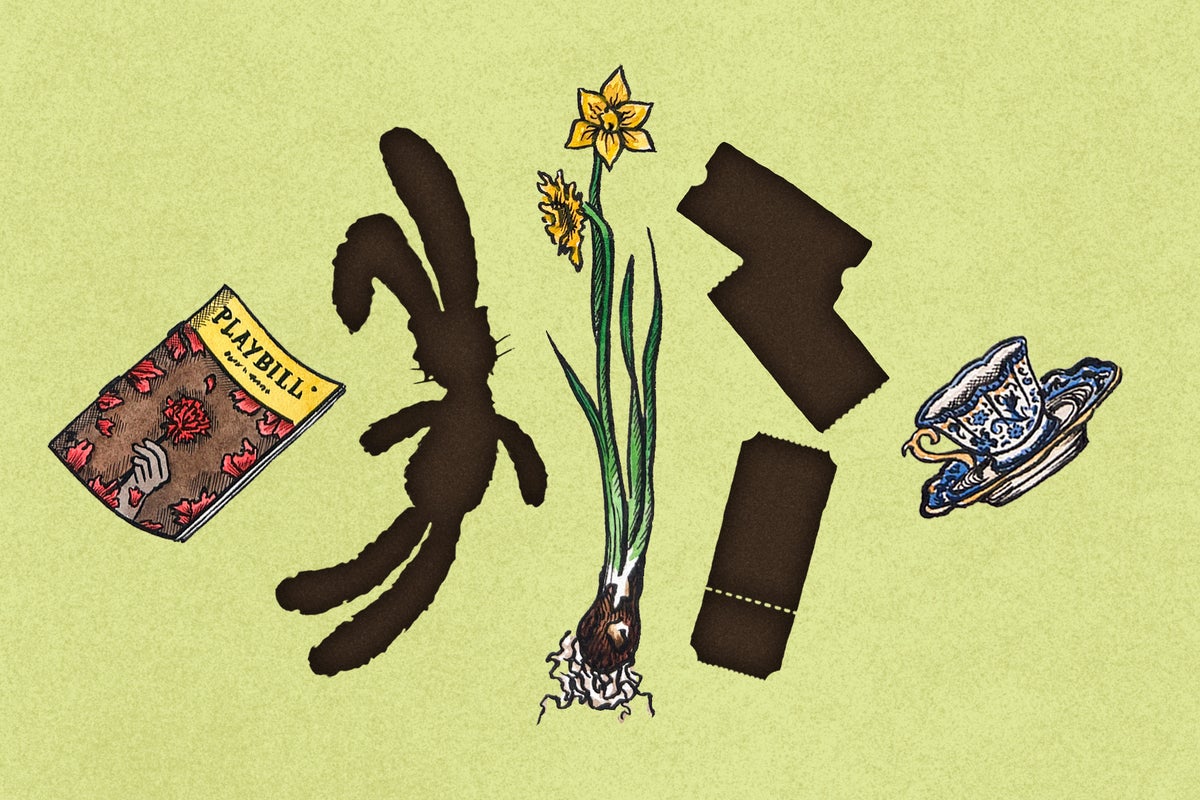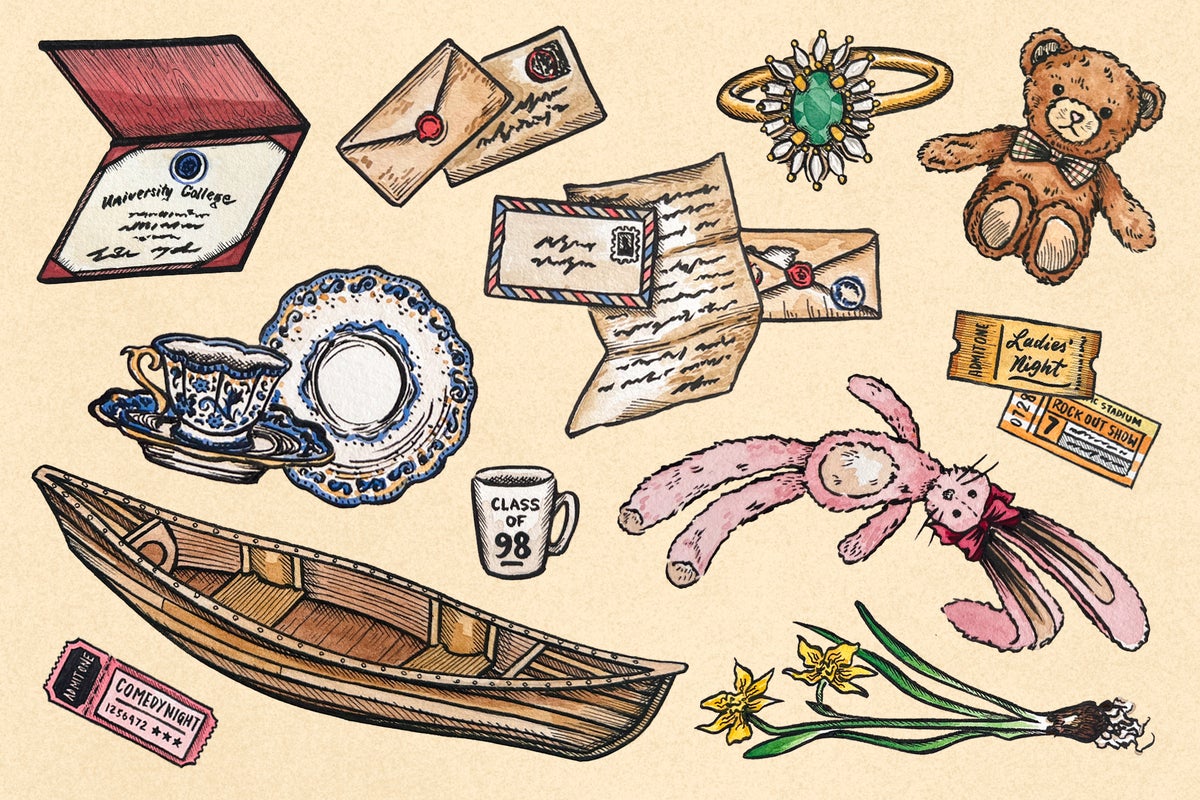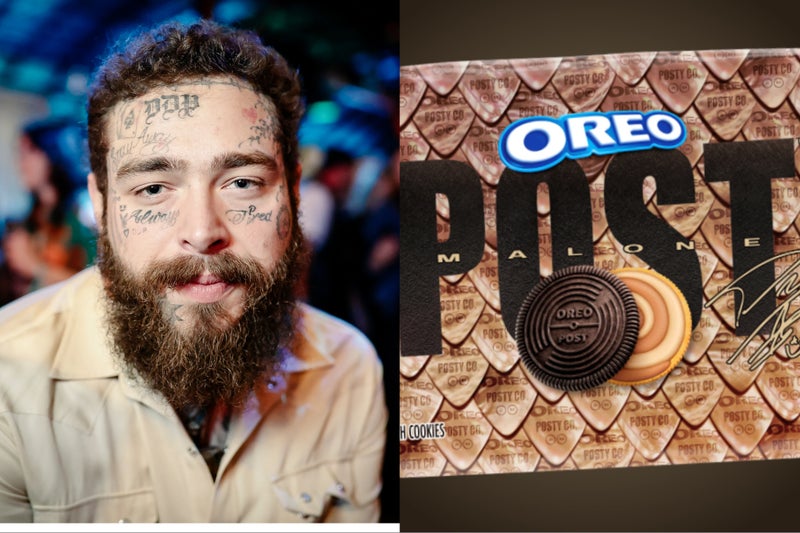One minute, my husband Matthew and I were living the dream. We had good jobs, three wonderful, healthy children and we were about to embark on the adventure of a lifetime by moving to Australia. But just a month after our Australian visas arrived, tragedy struck. In 2018, out of the blue, Matthew had a seizure at home and died. Suddenly, I found myself widowed at 35, with three children under five. All my hopes and dreams were shattered. It’s a tragedy that would break the strongest of people. But I’m proof that life's most challenging moments can make us stronger.
![[Laura, from Edinburgh, who has now written a book about her experience, has campaigned for financial support for widows]](https://i.dailymail.co.uk/1s/2025/02/14/11/95210863-14393263-image-a-48_1739531647304.jpg)
Matthew was only 37 and his death was completely unexpected and such a huge shock. It was an incredibly traumatic time. I kept thinking; ‘How will I survive this? How will I look after three kids on my own?’ I was in the thick of grief, trying to look after three very young children (twins aged two and a five-year-old daughter). I spent the first year just trying to survive. It was sink or swim and I realised quickly that the responsibility was all mine – I didn’t have the option to lie down, I had to keep moving and do whatever I could to enable us to survive. The first night after Matthew died my mum offered to come and stay with me. But I declined. I told myself: ‘I need to be able to do this – I need to have the strength – because he’s not coming back.’.
![[Laura, who works as a clinical psychologist, lost her husband Matthew when he was just 37 years old. The couple pictured on their wedding day]](https://i.dailymail.co.uk/1s/2025/02/16/11/95210873-14393263-Laura_who_works_as_a_clinical_psychologist_lost_her_husband_Matt-a-30_1739707094300.jpg)
At first, the children were a distraction and I didn’t grieve properly. But my psychology training meant that I knew I needed to allow myself to fully grieve, to feel all the emotions. As well as trying to cope emotionally, I had to try and keep us going financially - we went from having two adults on full-time salaries to me on a part-time salary. I was horrified to learn the government has cut financial support to widows like me by over 90 per cent – it used to be available while the youngest child is in full-time education or eligible for child benefit but now bereavement support payments stop after just 18 months.
![[Clinical psychologist Laura Williams (pictured with her late husband Matthew and their children) found herself suddenly and unexpectedly widowed at just 35-years-old]](https://i.dailymail.co.uk/1s/2025/02/16/11/95171039-14393263-Clinical_psychologist_Laura_Williams_pictured_with_her_late_husb-a-27_1739707094293.jpg)
Dr Laura Williams claims she was judged for moving on from her husband a few years after he died - but argues men would never be judged for doing the same. Laura, from Edinburgh, who has now written a book about her experience, has campaigned for financial support for widows. Laura, who works as a clinical psychologist, lost her husband Matthew when he was just 37 years old. The couple pictured on their wedding day.
![[According to Laura, there is a 'definite sense that you should grieve in a certain way, follow a certain timeline' - but she says people are 'allowed to feel how they feel']](https://i.dailymail.co.uk/1s/2025/02/13/12/95171031-14393263-image-a-4_1739450992045.jpg)
I feel so strongly about this that I’ve been to parliament and even spoken to the then Prime Minister Rishi Sunak to push for a change in the law. Our financial situation and the need to be there for my children led me to leave my job working in prisons and set up my own private practice, helping people who have experienced trauma and anxiety. I joined the grief-organisation WAY (Widowed and Young) which was a massive support. I attended grief sessions and events where I made friends with other widows -including Jack, a father-of-two. Within a year of being widowed, we were dating and are now a blended family with five children between us.
![[After dating within a year of becoming widowed, and meeting a new partner more quickly than expected, Laura (pictured) felt judged and as though she was going against the grief 'timelines' ascribed by society. She has now penned a book for people dealing with trauma and grief 'to help people learn how to let go of negative patterns and teach ways in which they might support themselves']](https://i.dailymail.co.uk/1s/2025/02/16/11/95171041-14393263-After_dating_within_a_year_of_becoming_widowed_and_meeting_a_new-a-28_1739707094293.jpg)
But just like Kelsey Parker, I experienced judgment for ‘moving on.’. I soon realised by dating within a year of being widowed I had gone against ‘societal standards’ -that there is almost a ‘timeline’ you are meant to follow. There’s an industry standard in grief space – an unspoken rule that you are not supposed to make any big decisions in the first year like moving house or meeting a new partner. I went on a couple of grief events and I was asked in a hushed tone ‘Have you met anyone new?’ because you are not supposed to do it too quickly. But then, once two or three years have passed, people start asking: ‘Gosh, are you not meeting anyone?’.
![[According to Laura (pictured) she will always love her late husband - however, she says of meeting a new partner 'there is nothing more human than the need for intimacy, connection and closeness']](https://i.dailymail.co.uk/1s/2025/02/16/11/95171029-14393263-According_to_Laura_pictured_she_will_always_love_her_late_husban-a-29_1739707094294.jpg)
It seems you are not supposed to start a relationship ‘too soon’ but you can’t leave it ‘too late’ either. There is a definite sense that you should grieve in a certain way, follow a certain timeline and this feels prescriptive to me. Clinical psychologist Laura Williams (pictured with her late husband Matthew and their children) found herself suddenly and unexpectedly widowed at just 35-years-old.
![[The book by psychologist Dr Laura Williams, titled What to do when you Feel Broken (pictured) comes out on February 18]](https://i.dailymail.co.uk/1s/2025/02/13/13/95172347-14393263-image-m-10_1739452251162.jpg)
According to Laura, there is a 'definite sense that you should grieve in a certain way, follow a certain timeline' - but she says people are 'allowed to feel how they feel'. After dating within a year of becoming widowed, and meeting a new partner more quickly than expected, Laura (pictured) felt judged and as though she was going against the grief 'timelines' ascribed by society. She has now penned a book for people dealing with trauma and grief 'to help people learn how to let go of negative patterns and teach ways in which they might support themselves'.































